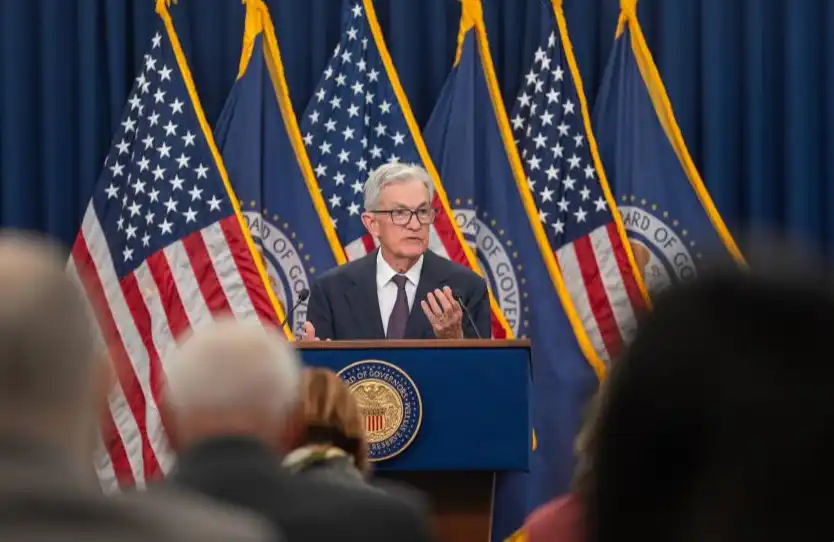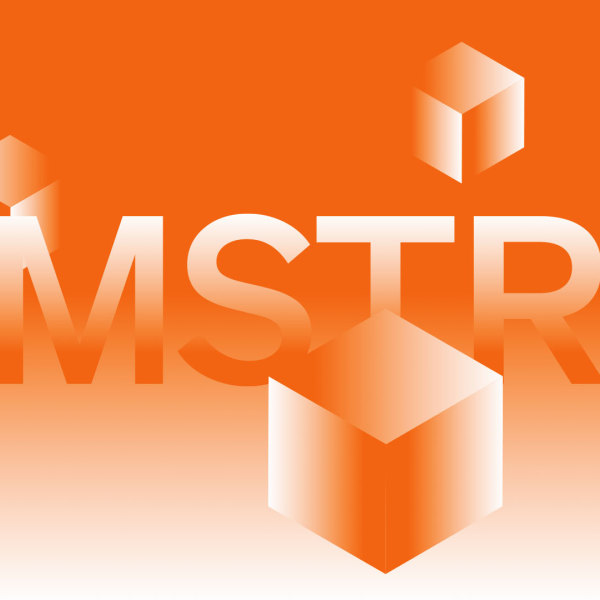- Centralized exchanges may disappear in the next decade.
- DeFi aggregators offer more transparency and user control.
- 1inch co-founder predicts a major shift in crypto trading.
The crypto landscape is evolving rapidly, and one of the most transformative trends on the horizon is the rise of DeFi aggregators. According to Anton Bukov, co-founder of 1inch Network, centralized crypto exchanges (CEXs) may be completely phased out in the next 10 years.
DeFi aggregators are platforms that connect various decentralized exchanges (DEXs) to find users the best trading rates and liquidity. Unlike CEXs, which hold users’ funds and operate under centralized control, DeFi aggregators enable peer-to-peer transactions with greater transparency and security.
Bukov believes that as blockchain technology continues to mature, users will prioritize control over their assets. “Why trust a centralized platform when DeFi gives you direct access and better rates?” he said in a recent statement.
Why Centralized Exchanges May Lose Relevance
Centralized exchanges like Binance and Coinbase have long dominated crypto trading due to their speed and user-friendly interfaces. However, they also come with risks—such as hacking, mismanagement, and regulatory crackdowns.
In contrast, DeFi aggregators like 1inch, Matcha, and Paraswap offer a non-custodial model, where users remain in control of their assets. With the increasing number of regulatory pressures and growing awareness around self-custody, Bukov predicts that more users will migrate to decentralized platforms.
As DeFi interfaces become more intuitive and secure, the advantage CEXs currently hold in usability may vanish. The next generation of crypto traders might not even consider using a centralized exchange.
The Future Is Decentralized
The potential disappearance of centralized exchanges isn’t just a bold prediction —it’s a reflection of the broader shift towards decentralization in the financial world. Innovations in smart contract security, cross-chain swaps, and user experience are rapidly narrowing the gap between DeFi and traditional finance.
With aggregators leading the charge, the future of crypto trading looks increasingly decentralized. If Bukov’s prediction holds true, centralized exchanges could soon be relics of the past.




